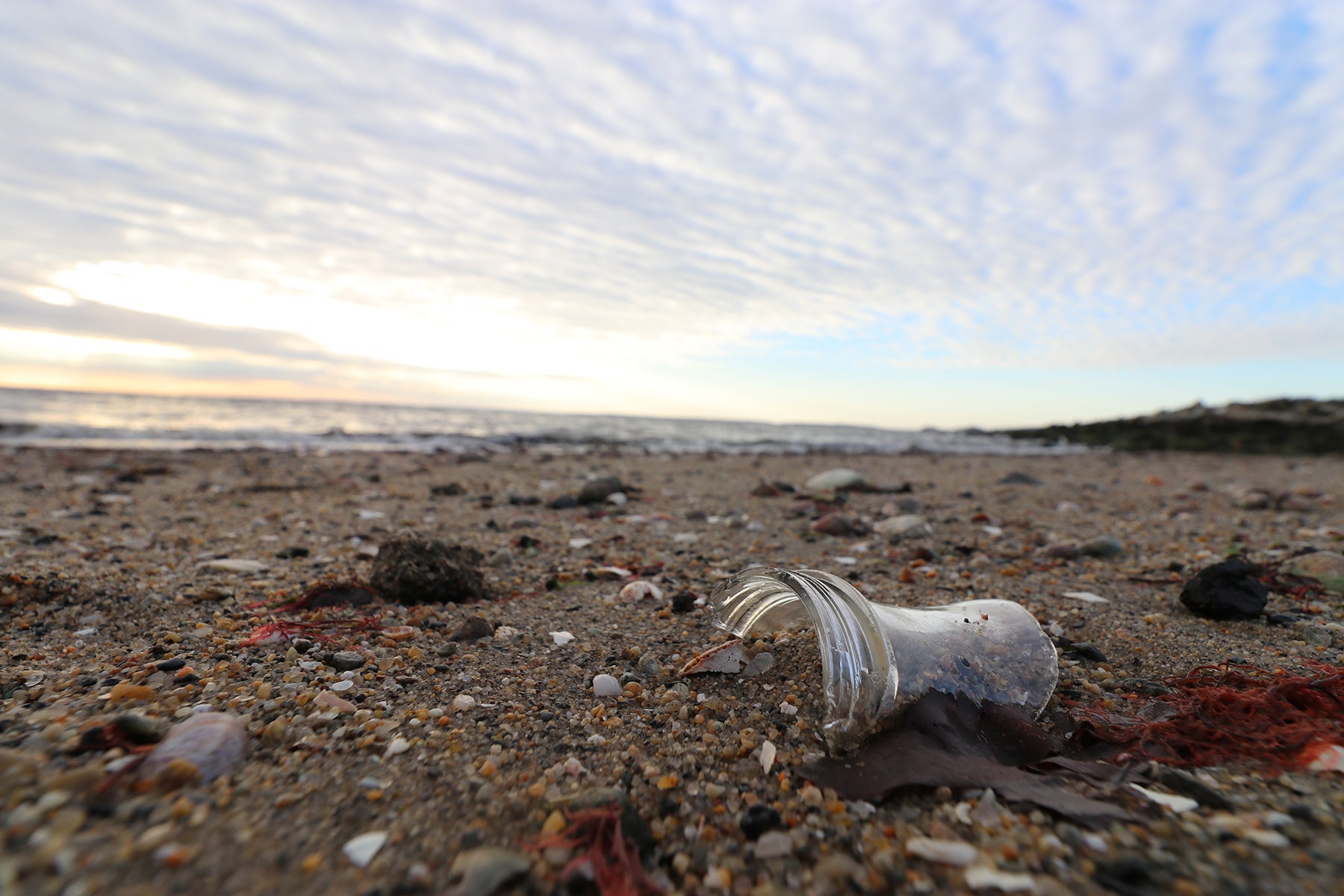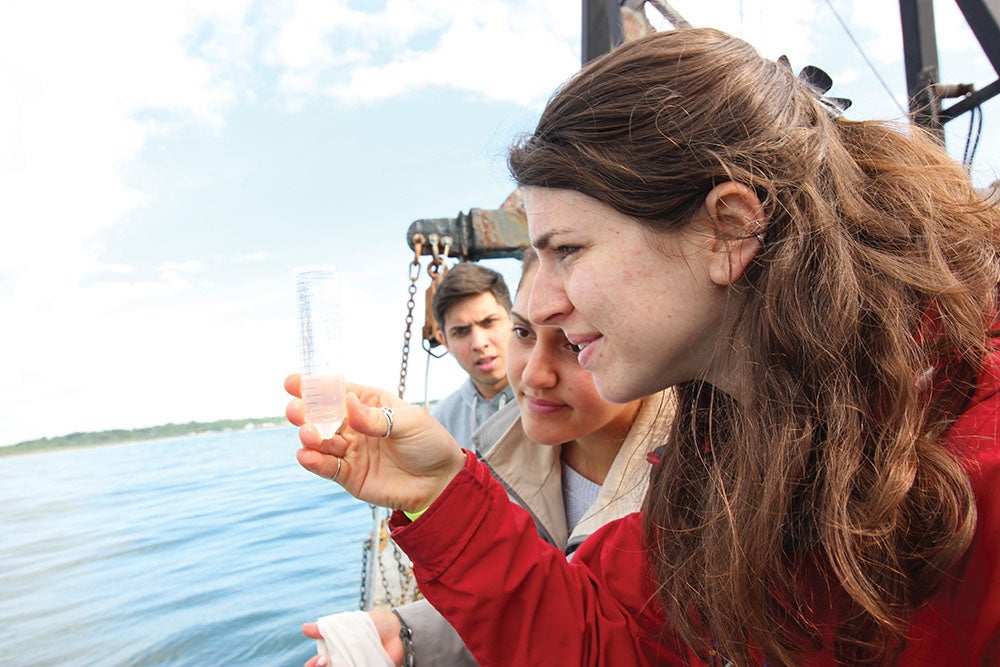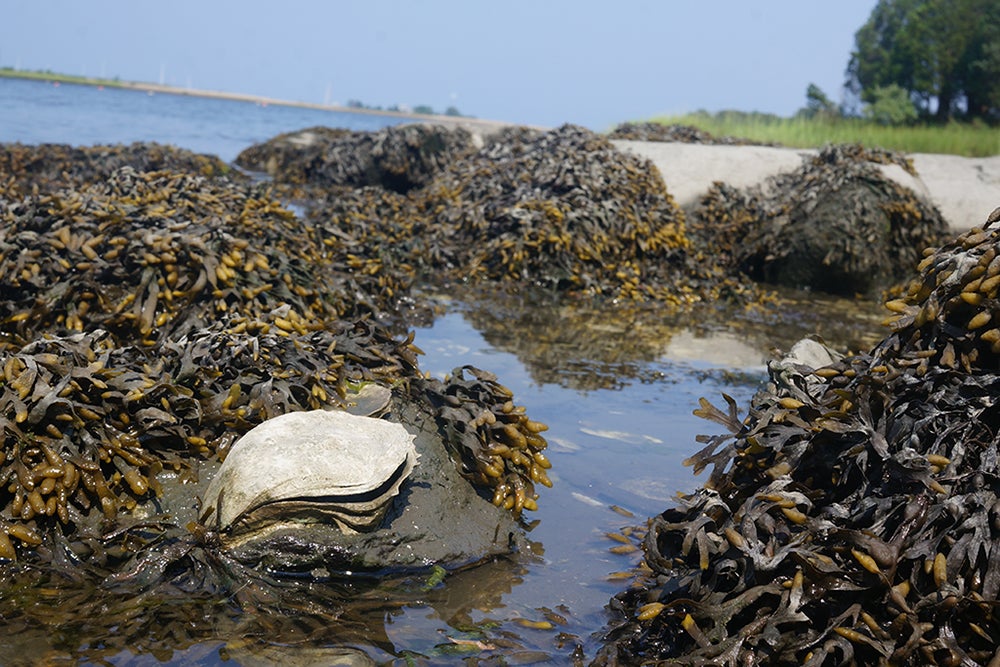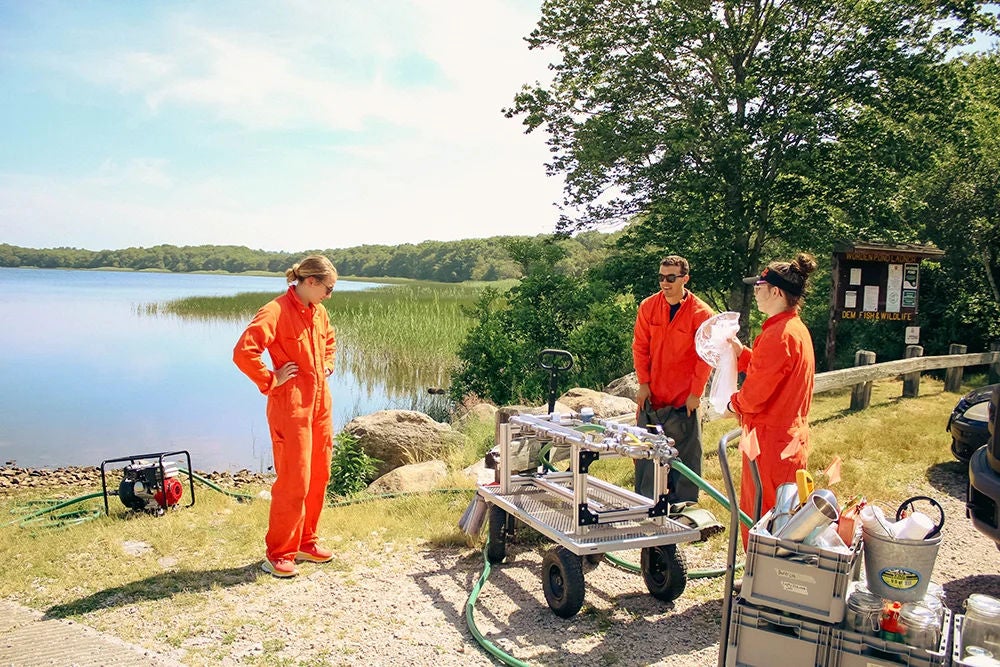Motion: On
Motion: Off
Contrast: Standard
Contrast: High
Apply site-wide
Rhode Island NSF EPSCoR entails a constellation of projects funded through the U.S. National Science Foundation enhancing the state’s research competitiveness and capacity, all helping Rhode Islanders address the pressing science and technology challenges of today.
Want to learn more, join our community and offer your unique perspective on RI NSF EPSCoR?






 RI NSF EPSCoR is supported in part by the U.S. National Science Foundation under EPSCoR Cooperative Agreements #OIA-2433276 and in part by the RI Commerce Corporation via the Science and Technology Advisory Committee [STAC]. Any opinions, findings, conclusions, or recommendations expressed in this material are those of the author(s) and do not necessarily reflect the views of the U.S. National Science Foundation, the RI Commerce Corporation, STAC, our partners or our collaborators.
RI NSF EPSCoR is supported in part by the U.S. National Science Foundation under EPSCoR Cooperative Agreements #OIA-2433276 and in part by the RI Commerce Corporation via the Science and Technology Advisory Committee [STAC]. Any opinions, findings, conclusions, or recommendations expressed in this material are those of the author(s) and do not necessarily reflect the views of the U.S. National Science Foundation, the RI Commerce Corporation, STAC, our partners or our collaborators.